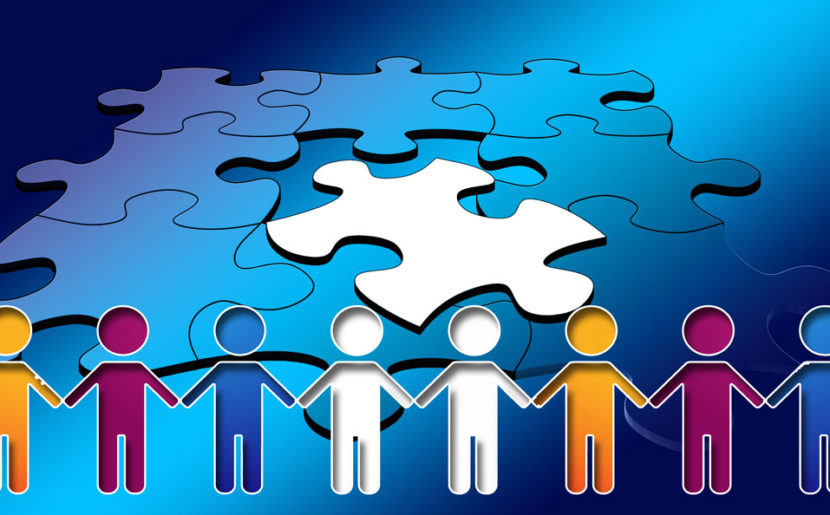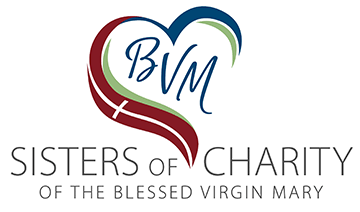National Migration Week – January 2017

As you may know, National Migration Week is in full swing, January 8th to the 14th. Pope Francis asks us to view our interactions with migrants as an engagement with Jesus, he calls us to create a culture of encounter.
This exhortation may not be feasible for some of us to fulfill. Many of us might never be in a situation where we will have the opportunity to engage a migrant in conversation, discover their needs, and try to assist them. So how can we encounter migrants during this week (and going forward), migrants who might need solace?
To assist us in learning where migrants reside, we might look for information regarding migration patterns of immigrants who come to the United States.
For example, those of us who have participated or have worked at the Working Boys Center/Center for Working Families, and have gotten to know Ecuadorians and their culture might be surprised to know where Ecuadorians reside in the US. According to Pew Research Center, two-thirds of immigrant Ecuadorians (66%) live in the Northeast, and four-in-ten live in New York.
Many of us have traveled to El Salvador on delegations and remember the tragic deaths of the martyrs of the Civil War such as the Church Women from the United States, Oscar Romero, the many catechists and campesinos. The Salvadoreños who fled their home country for economic reasons or because of the violence reside primarily in California, Texas and Washington, DC.
Last year Catholic Charities of the Archdiocese of Dubuque resettled refugees from six different countries: Bhutan, Myanmar, Democratic Republic of Congo, Iraq, Somalia and Sudan. They came to Iowa to join their families desiring to live a normal and safe life.
Dubuque has over 600 Marshallese who migrated to the United States because of the economic struggles of their country and their health issues.
So no matter where we live, there are migrants close by. We may not have a personal encounter with them, but we can have positive conversations with family and friends regarding the migration of peoples.
We can also pray for them and possibly suggest having a liturgy for migrants.
For more action items go to www.USCCB.org
